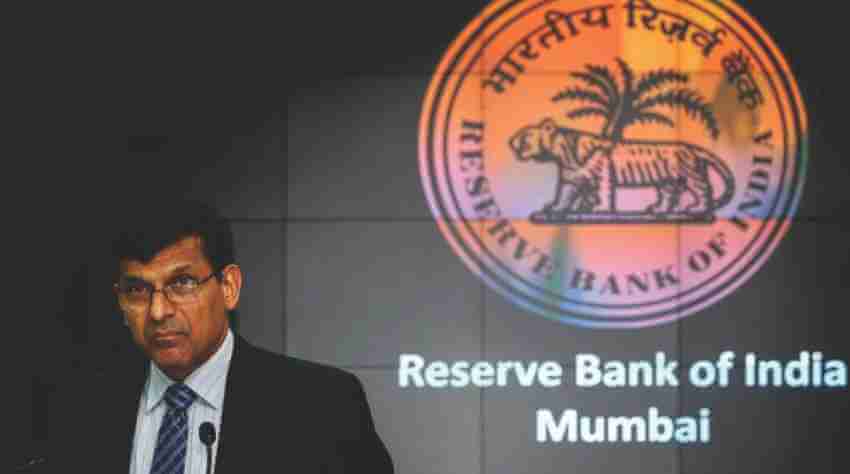The Reserve Bank of India introduced an array of changes intended to widen and deepen India’s corporate bond market in order to raise it to global standards and abolish the risk of bank’s large non-tradable exposures to a particular group.
The investors appreciated the measures unveiled just days before Raghuram Rajan steps down as the Governor, as the enormous reforms they had been long waiting for including the astounding reduction in the bank’s loan exposure, increased participation in corporate bonds by the overseas investors and making top-rated bonds fit for borrowing from Reserve Bank for liquidity needs.
RBI has thrown open the avenue of overseas rupee-dominated long-term masala bonds as a means of strengthening their plunging capital; invest in infrastructure and affordable housing.
The Reserve Bank has permitted brokers to contribute in the corporate bond repo market to increase its depth. The government and the central bank have been saying that the country needs an energetic corporate debt market to bring about broader, long-standing sources of funding and take the load for such credit off the bank system.
According to Shashikant Rathi, the Head of treasury at Axis Bank, the measures will help markets reach more maturity. RBI also introduced the partial credit enhancement limit to 50% of the bond issue size from earlier 20%, as long as any single bank doesn’t go beyond a fifth of the total and the existing exposure limits.
The steps are in accordance with the HR Khan committee’s recommendations. RBI affirmed that these measures are aimed to promote market development, boost participation, assist greater market liquidity and better the communication.
Raghuram Rajan introduces new changes in Indian corporate bond market before leaving RBI


